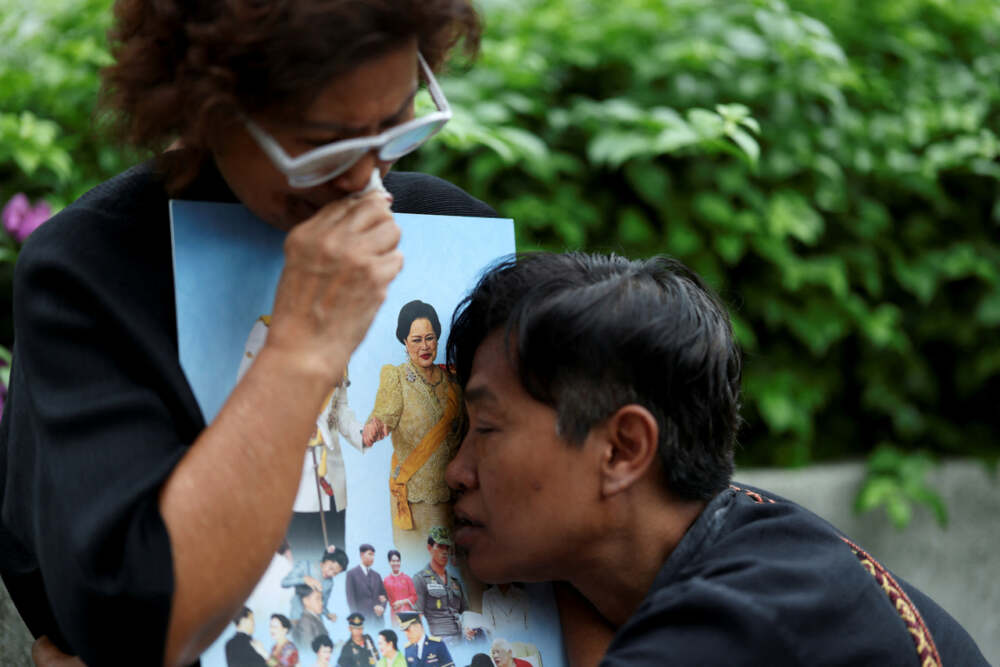BANGKOK — Thailand’s political landscape has entered a moment of solemnity and uncertainty following the death of Queen Mother Sirikit, a revered figure in the country’s modern history. In response, Prime Minister Anutin Charnvirakul has announced the cancellation of his planned participation in the ASEAN Summit in Kuala Lumpur, citing the need to remain in Bangkok during the national mourning period. The decision has raised questions over whether Thailand will proceed as scheduled with a major ceasefire signing agreement with neighboring Cambodia.
The Queen Mother, who passed away at the age of 93, held a special place in the hearts of the Thai people and was considered a pillar of the nation’s unity. Her passing has prompted an outpouring of grief across the country, with the government declaring an official mourning period. As a result, the Prime Minister has prioritized overseeing national ceremonies and ensuring that state affairs related to the royal funeral proceed with proper respect and precision.
The timing of the Queen Mother’s death has added complexity to Thailand’s diplomatic agenda. The ASEAN Summit was expected to focus on regional economic cooperation, maritime security, and pressing political challenges, including the growing tension between major global powers in Southeast Asia. Thailand, as one of the bloc’s key founding members, was anticipated to play a pivotal role in these discussions.
Adding to the uncertainty is a planned ceasefire signing with Cambodia, following months of escalating violence along their shared border. The agreement, viewed as a milestone toward restoring peace and stability, was due to be formalized in the presence of international mediators. However, with Prime Minister Anutin remaining in Bangkok, it is unclear whether the signing will proceed as planned or be postponed to a later date.
Government officials have stated that the Prime Minister is still considering attending the signing ceremony in Malaysia briefly before returning to Thailand, though no final decision has been announced. Should he be unable to attend, a senior government representative may be delegated to sign on his behalf.
The sudden change in plans underscores the delicate balance between national tradition and regional diplomacy that defines Thailand’s governance. The monarchy continues to hold deep cultural and political significance, and the Prime Minister’s choice reflects the enduring reverence accorded to the royal institution.
While the ASEAN community understands the gravity of the situation, Thailand’s absence from the summit could affect discussions on regional cooperation and delay progress on key multilateral agreements. The nation now faces the dual challenge of mourning a beloved royal figure while maintaining its crucial diplomatic commitments.
As the country enters a period of remembrance, the Thai government’s immediate focus will be on ensuring a respectful tribute to the Queen Mother. Meanwhile, regional observers will be watching closely to see how Thailand navigates its role within ASEAN and manages its relationship with Cambodia during this sensitive moment in its history.
















Leave a Reply